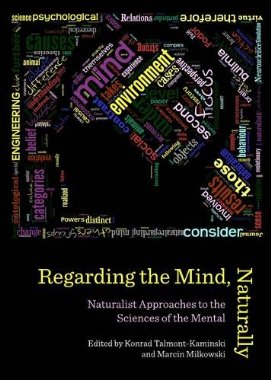September11th
around 14:00 Minibus leaving Warsaw
around 17:00 Arrival at hotel
17:30-18:30 Dinner at hotel (for all participants)
September 12th
8:00-8:30 Breakfast (for participants staying at hotel)
8:30-10:00 Ken Binmore – How Scientific is Behavioural Economics?
10:00-10:30 Coffee
10:30-13:00 Michał Siwek – Roman Frydman and Michael Goldberg’s Criticism ofBehavioral Economics: the Exchange Rate Models
Ramzi Mabsout – Why economics is not a mathematical science?
Davide Rizza – The Limits of Methodological Naturalism in Economics
13:00-14:00 Lunch (for all participants)
14:00-15:40 Michał Tomasz Godziszewski and Mateusz Wywiał – How not tonaturalise economics: Milton Friedman’s case
Peter Boltuc – Thin Social Capital
15:40-16:10 Coffee
16:10-17:00 John Collier – How do we decide what game we are playing?
September 13th
8:00-8:30 Breakfast (for participants staying at hotel)
8:30-10:00 Christophe Heinz – We’re all choice architect
10:00-10:30 Coffee
10:30-13:00 Karolina Safarzynska – Evolution, economic valuation and policy
Mariam Thalos – Precaution is a modulator
Majid Amini – Can Economics Be Naturalised? On the Status of the SocialSciences
13:00-14:00 Lunch (for all participants)
14:00-16:00 Walking Tour of Kazimierz
18:00 Conference Dinner
September 14th
8:00-8:30 Breakfast (for participants staying at hotel)
8:30-10:00 Eric Angner – Behavioral vs. Neoclassical Economics: A Weberian analysis
10:00-10:30 Coffee
10:30-13:00 Lukasz Jonak – Cognitive capitalism, an empirical approach
Lena Adamus – Games against nature as an example of natural rationality
Christine Clavien – The many ways experimental economists use the notion ofaltruism
13:00-14:00 Lunch (for all participants)
14:00-15:40 Magdalena Malecka and Magdalena Reuter – Gerd Gigerenzer’secological rationality of heuristics and its implications for economics
Konrad Talmont-Kaminski – Expected utility is always used as a heuristic
15:40-16:10 Coffee
16:10-17:00 Karol Pogorzelski – How much can we expect from experimentaleconomics?
September 15th
8:00-8:30 Breakfast (for participants staying at hotel)
8:30-10:30 Closing discussion
11:00-12:00 Lunch (for all participants)
12:00 Leaving Kazimierz


 Here are the links you can use to pay the workshop fee (and accommodation cost, if required).
Here are the links you can use to pay the workshop fee (and accommodation cost, if required).
